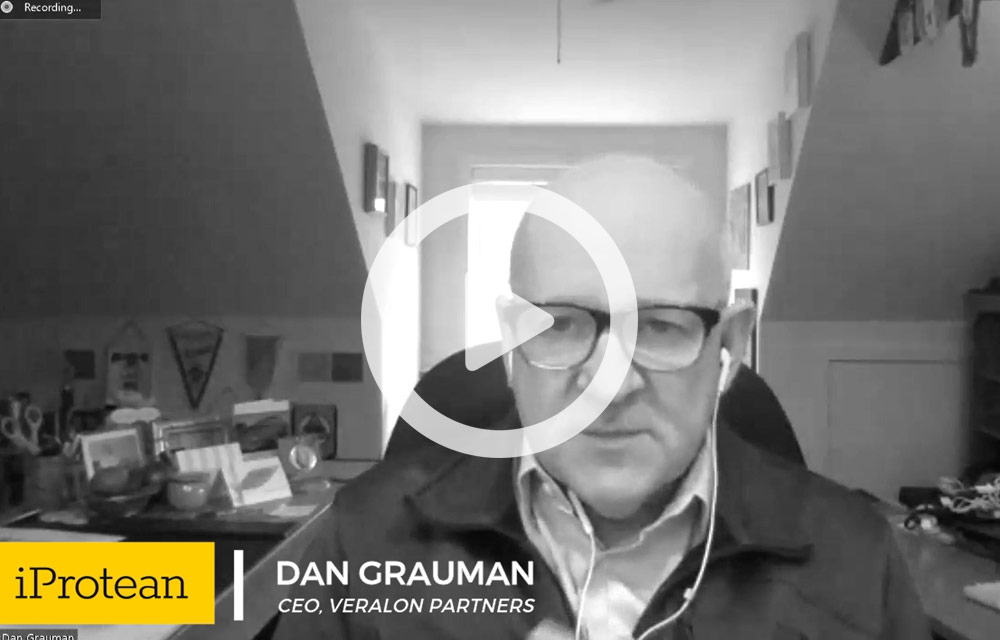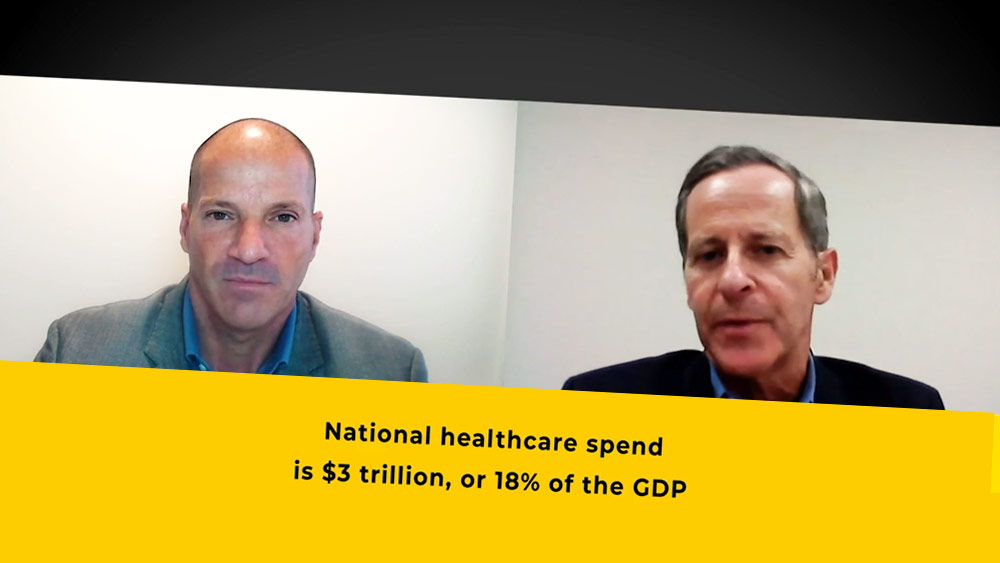John Harris, Director at Veralon Partners, discusses a few different models that are being used to predict COVID-19 infection volumes estimates, and the results his organization has found after running the data.
Veralon Views Blog
The Veralon Views blog is an extension of our partnership with leaders who are transforming the healthcare industry. Here, we share expert perspectives from our nationally recognized senior consulting team on issues that are key to the success of your organization.
Covid-19: A prediction challenge like no other Covid-19 will challenge hospital leaders in many ways. But no one expected that a key challenge would be in a basic skill every hospital administrator mastered early in their career – estimating volume. Hospital leaders are accustomed to estimating volume. They do it all the time – for […]
In this 90 second excerpt, Dan Grauman (CEO of Veralon partners) quantifies the impact of the corona virus relief bill on a per hospital, per staffed bed, and per admission basis. All told, on average, hospitals may be receiving up to $3,500 per case through these relief funds. What might that mean for your hospital? […]
In this 90 second excerpt, Dan Grauman (CEO of Veralon Partners) discusses the corona virus relief bill and the three most significant ways hospitals and health systems may receive help. These include funds to support the care of Covid-19 patients, increasing Medicare payments related to Covid-19 patients, and pausing plans to reduce reimbursement. Click the […]
In this 90 second excerpt, Dan Grauman (CEO of Veralon Partners) shares his estimations of the immediate financial impact of Covid-19 on the typical hospital. As a result of the increased cost of caring for Covid-19 patients, foregone revenue associated with elective surgeries, and decreased employed physician hours, these hospitals can expect a decrease of […]
In this 90 second excerpt, Dan Grauman (CEO of Veralon Partners), outlines the 3 most impactful ways that the Covid-19 crisis is affecting hospital operations in the immediate term. He attributes the financial impact to the increased cost of treating Covid-19 patients, the reduction of profitable elective treatments and drastic change in employed physician hours. […]
With the Covid 19 crisis in full swing, we’ve had an influx of hospital trustees reengaging with education while quarantined. In the last 48 hours, the iPro team has rallied to on-boarded over 50 new learners and schedule over 250 courses into learner’s Individual Learning Pathways. Shout out to Heath for pitching in to help […]
The iProtean, now part of Veralon camera crew just wrapped a series of interviews with Brian Wong. These interviews will be post produced over the next few months and released as a series of quality videos in 2020. Huge thanks to Brian Wong for all of his amazing insights on hospital culture!
In the second of a two-part series on population health, Dr. David Nash, founding Dean Emeritus of the Jefferson College of Population Health, discusses how board members can apply the tenets of population health to their organizations. What does effective population health look like inside (and outside) of your hospital? Click on the video below […]
Ambulatory care has grown dramatically in recent years, and all signs point to continued growth. In 2017 (the most recent year for which data is available), net outpatient service revenue equaled 95% of net inpatient revenue, an increase from 83% in 2013.[1] Clearly every hospital and health system must have an effective ambulatory care strategy. […]







